In a firm commitment to the future of the planet and the sustainable transformation of the food sector, Bimbo, one of the largest brands in the country, presents its first fleet of electric vehicles, marking a milestone in the food industry in El Salvador.

This initiative represents more than a logistical modernization, it is the tangible expression of a strategic commitment to the environment, innovation, and corporate responsibility. In a context where sustainability is a priority, Bimbo positions itself as a leader of change by integrating clean energy solutions into its operating model.

Just one year after announcing the construction of its second production plant in the country, the company reaffirms its long-term vision by incorporating this electric fleet as part of an evolving sustainable ecosystem.
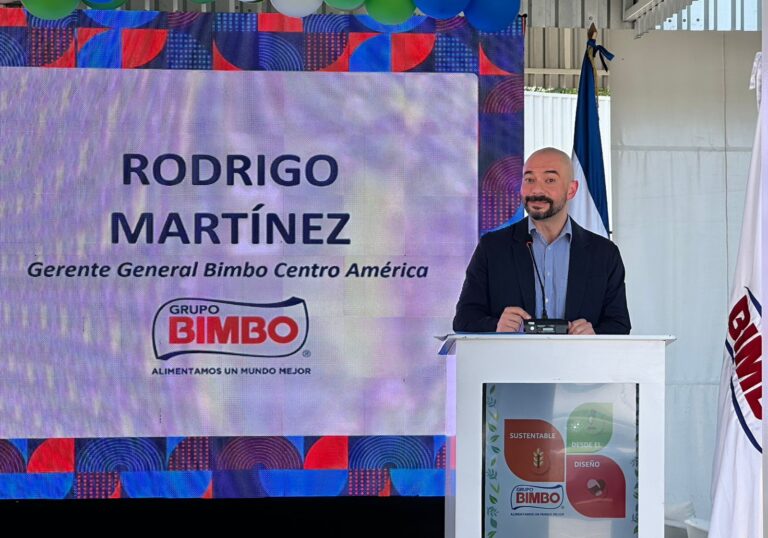
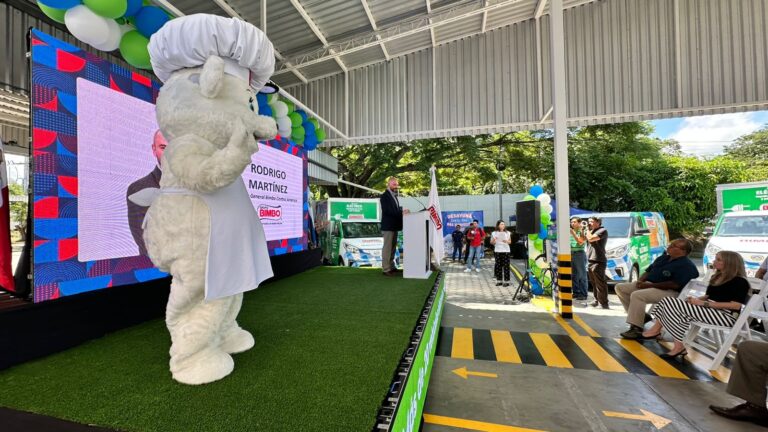
“We are convinced that companies today must take an active role in protecting the environment. We cannot talk about feeding the present without taking care of the future. This electric fleet is not an isolated project, but part of a comprehensive vision of sustainability that runs through every decision we make at Bimbo”, said Heifner Emanuel De León, logistics manager for Bimbo Central America.

The delivery fleet is made up of 25 electric Maxus brand units, in addition to a hybrid vehicle for supervisory functions.
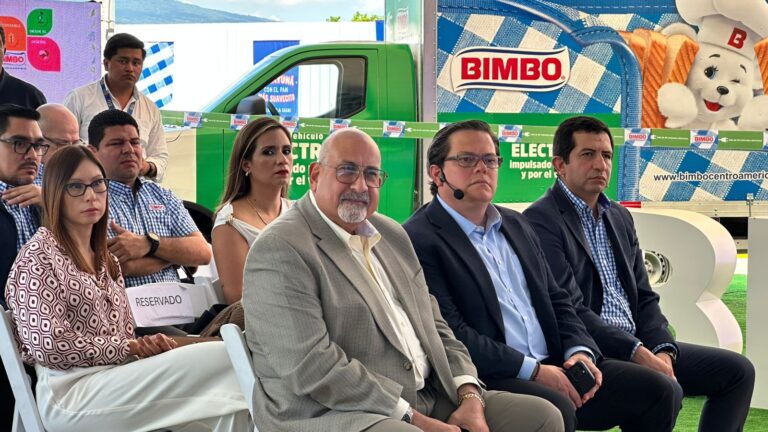
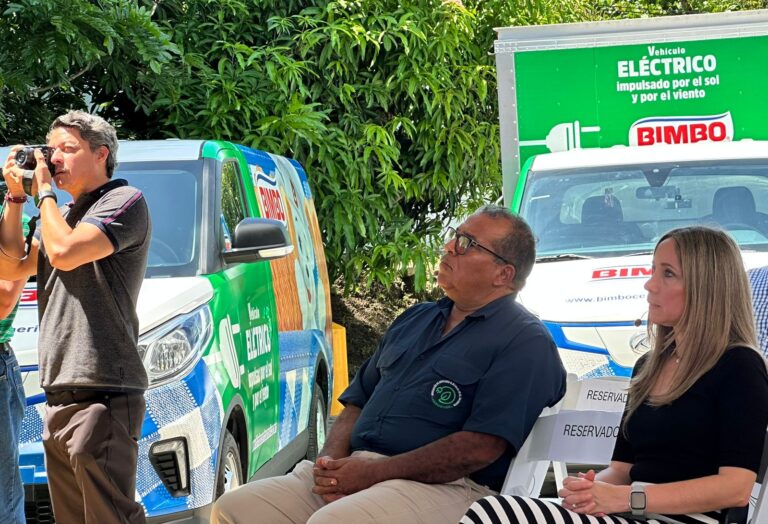
“Bimbo El Salvador has become a tangible reference that electric mobility is viable and beneficial in our country. The incorporation of more than 20 100% electric vehicles not only represents a firm step towards sustainability, but also demonstrates that it is possible to generate significant savings in maintenance and energy, improve working conditions for drivers and actively contribute to a cleaner and greener future. It is an example that leads the way for other companies in El Salvador”, said Liry Navarre, ElectronPower’s Commercial manager.
One of the greatest benefits of having a fleet of electromobility vehicles is the lower operating cost per kilometer traveled and the contribution to the non-generation of CO2, making the operation environmentally friendly. These vehicles will enable the daily distribution of bakery products to be carried out efficiently, safely and with less environmental impact.

“Electromobility has had a very significant growth at a global level, many of the major vehicle brands already have commitments to manufacture several of their models to be hybrid or fully electric in the coming decades. Grupo BIMBO has made the right bet in migrating its fleet to electric vehicles, contributing to the environment and at the same time positively impacting the operational-financial excellence of the company,” said Roberto Sandoval, Vice President of Shared Services Non-Regulated Revenues of AES El Salvador.

The electric units operate in the paracentral zone of the country, covering Santa Tecla, Antiguo Cuscatlán, San Salvador, Apopa and surrounding areas. To guarantee the autonomy of the vehicles, the company has set up strategically located charging stations, with more than 10 chargers in the Apopa Sales Center, 3 in the Central Sales Center and 2 more in the Soyapango Sales Center.
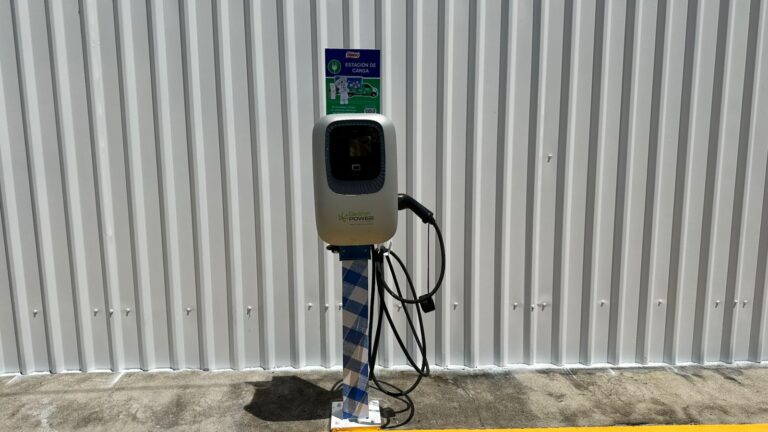
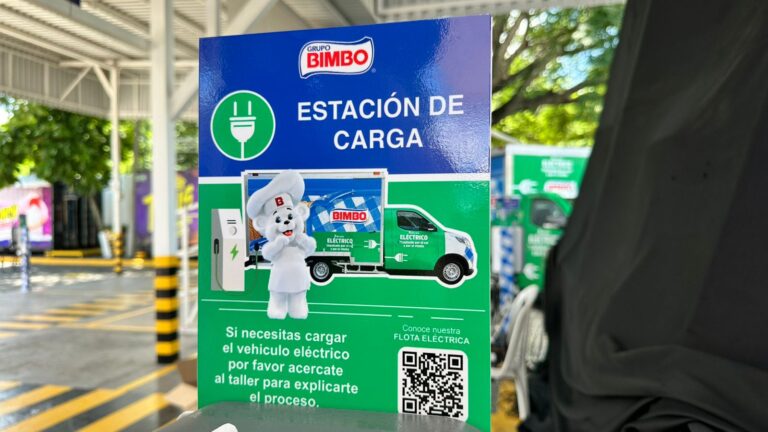
A transformation with purpose

This launch reflects our purpose of moving towards cleaner and more responsible logistics, thus contributing to the care of the environment, to contribute a grain of flour in the use of planet-friendly fuels, giving added value to all operations, generating awareness in the market and a sense of belonging to all employees, by being part of an institution that seeks to be environmentally friendly.

“This step commits us even more to our communities. To bet on electromobility is also to bet on cleaner air, more livable cities and an economic model that prioritizes life. We want to demonstrate that it is possible to grow, be profitable and at the same time responsible”, said the logistics manager for Bimbo Central America.

With this initiative, Grupo Bimbo not only modernizes its logistics chain in El Salvador, but also reinforces its regional leadership in sustainability by replicating this strategy in countries such as Costa Rica, Honduras, and Guatemala. Thus, the company sets a precedent in the food industry by demonstrating that sustainable transformation is a viable, urgent, and shared path.







